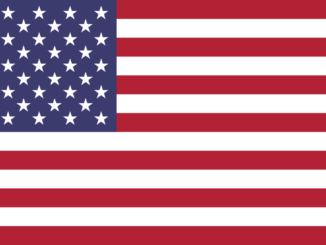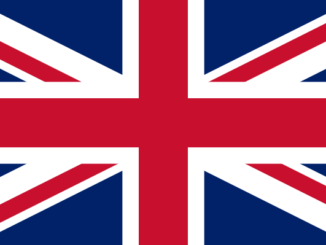 Reactionaries have seized power. Overnight, women accustomed to equal rights are suddenly informed they may no longer work outside the home. They must be supported by men, and their former property must be owned by male guardians. Most of them, at least, may not even leave their homes without written permission. They are fortunate if they can keep themselves busy at home because there is little or nothing for them to read, most books and magazines having been burned. Attire is modest, consisting, for example, of large, shapeless dresses and broad-brimmed bonnets that make it very difficult for the wearer to see and engage others in conversation. Officially, behavior between the sexes is also modest, although that doesn’t prevent higher-ranked men from forcibly demanding sex from lower-ranked women. Rape (even gang rape) is considered to be the woman’s fault.
Reactionaries have seized power. Overnight, women accustomed to equal rights are suddenly informed they may no longer work outside the home. They must be supported by men, and their former property must be owned by male guardians. Most of them, at least, may not even leave their homes without written permission. They are fortunate if they can keep themselves busy at home because there is little or nothing for them to read, most books and magazines having been burned. Attire is modest, consisting, for example, of large, shapeless dresses and broad-brimmed bonnets that make it very difficult for the wearer to see and engage others in conversation. Officially, behavior between the sexes is also modest, although that doesn’t prevent higher-ranked men from forcibly demanding sex from lower-ranked women. Rape (even gang rape) is considered to be the woman’s fault.
I’m referring, of course, to Margaret Atwood’s world of Gilead, in her novel The Handmaid’s Tale — now also a successful television series. Much ink has been spilled about parallels between the Tale’s setting of Gilead and Christian fundamentalism. Less has been said about its obvious similarities to the lived experience of women under the Taliban.
To anyone reading the news during the past couple of weeks, the comparison is hard to miss. Afghan women who attended university, or planned to, women who had independent careers, who walked outside freely by themselves, who covered their hair or didn’t at their own choice, who enjoyed patronizing cafes and gyms, are now afraid to leave their homes. Upon conquering towns, the Taliban have demanded that unmarried women and girls be turned over to them to be forcibly married to Taliban soldiers. CNN reports that Taliban fighters beat a woman to death after she refused to cook for them. Women have been dismissed from their jobs with media and banks. They are not allowed to leave their homes without being chaperoned by a male relative. When they do leave, they have reportedly been required to wear a shapeless, all-enveloping garment that covers their faces as well as their bodies, and some of the bank employees mentioned above were admonished by Taliban gunmen for showing their faces.
A spokesman for the Taliban has claimed that it will be sufficient for a woman to wear a hijab rather than to cover her entire head. Clearly, the group has modernized its media messaging, even if not its actual message. The Taliban have not definitively stated what their policy will be towards women’s education, but previously they had been known to throw acid in the faces of schoolgirls and their teachers. In October 2020, a woman who got a job without her father’s permission had her eyes gouged out.
Welcome to Gilead.
Sadly, some pundits (such as Joy-Ann Reid and Dean Obeidallah) with bully pulpits have responded to the real-life tragedy now enfolding Afghan women (and many men) only by instinctively condemning America’s political right, Christian and otherwise, for being just as bad or nearly so. It’s a new kind of American exceptionalism, insisting that America must be the worst and most malign of nations. As Peter Savodnik put it in a recent essay, “The identitarian left can no longer distinguish between its political foes and those who are truly evil.” Meanwhile, the reality of true oppression, suffering, and evil is barely noticed, used as a metaphor for political opponents, and then forgotten.


